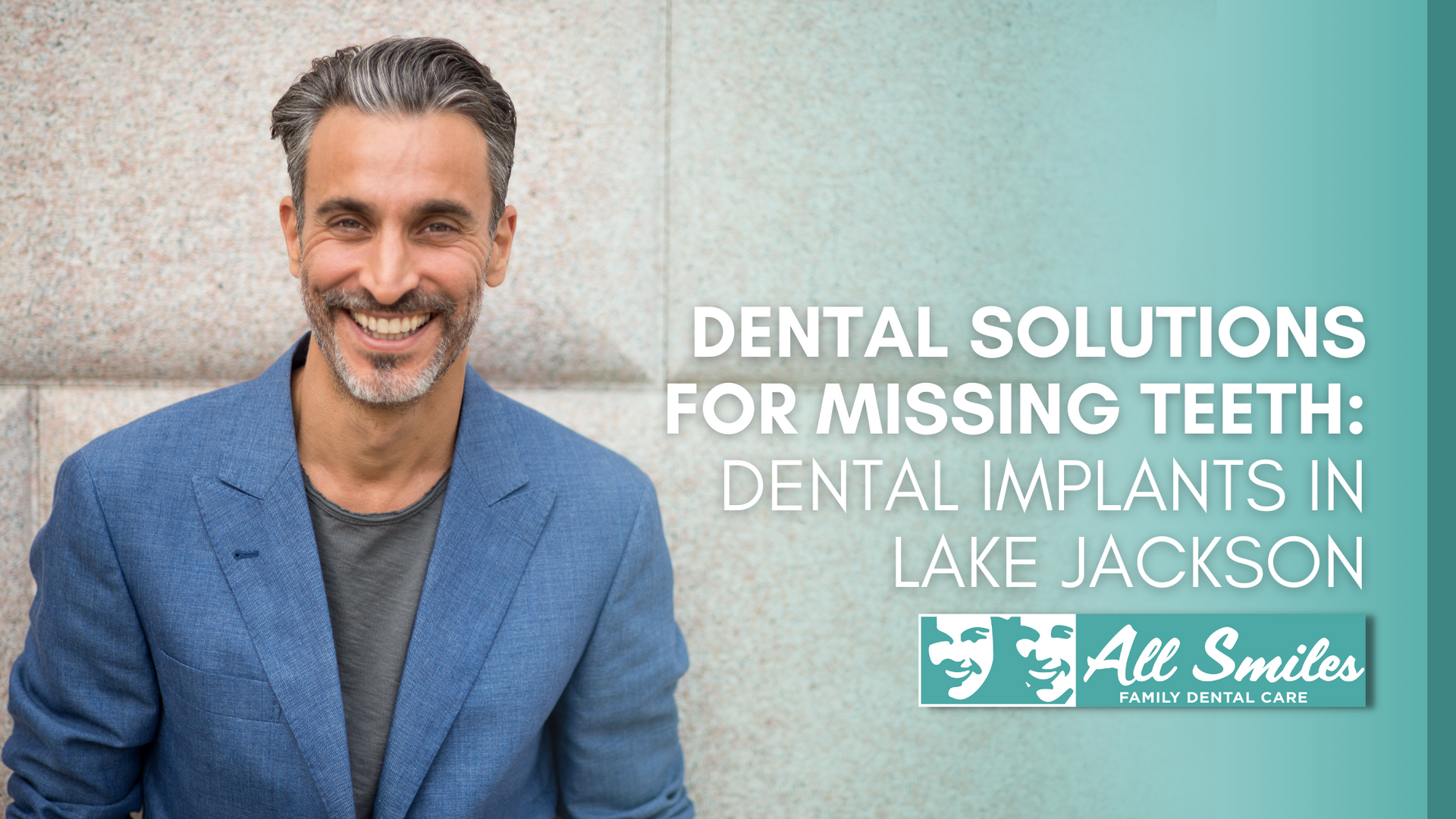How Often Should You Really Brush Your Teeth
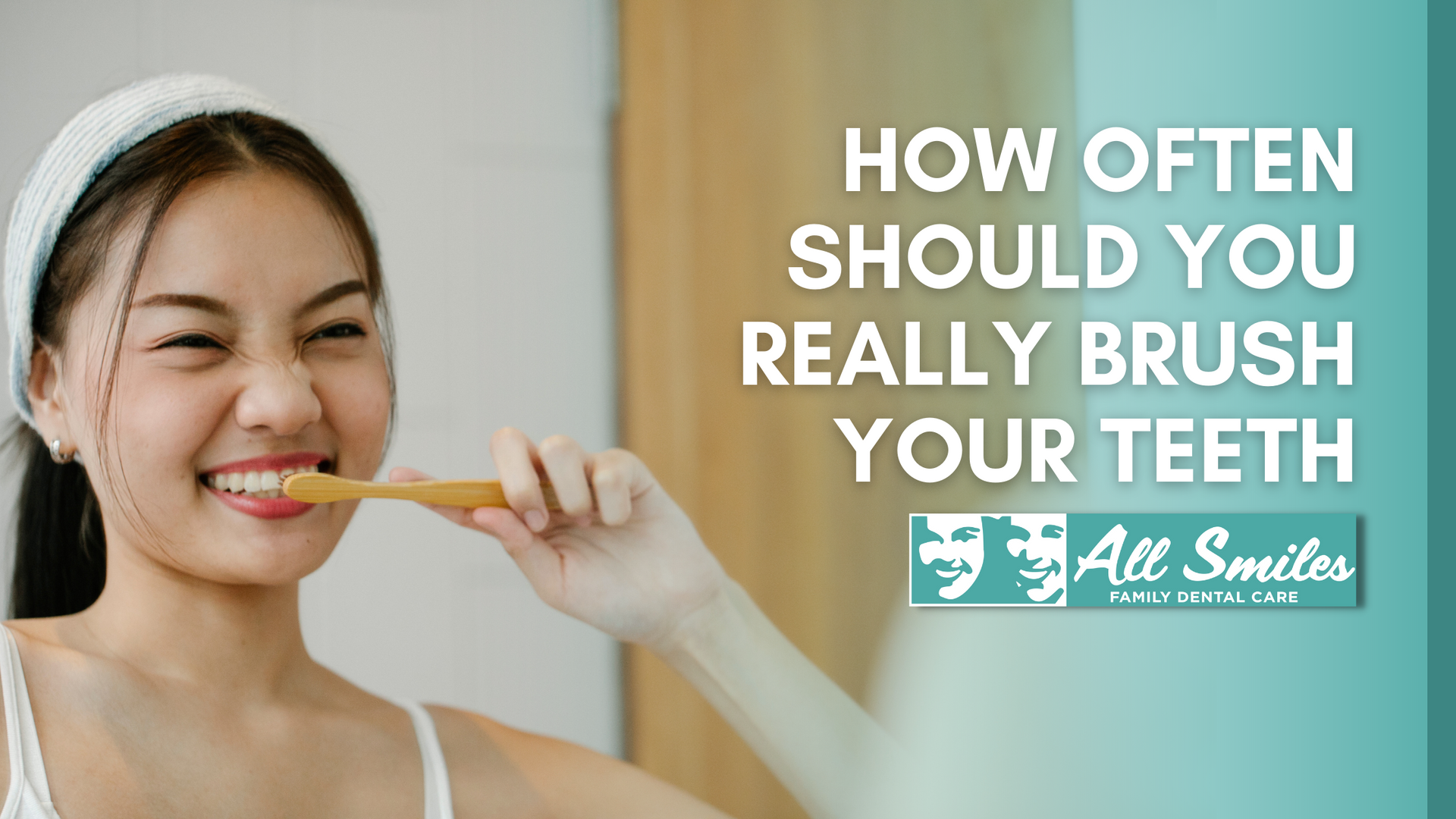
Everyone knows that brushing your teeth is essential for good oral hygiene. Not only does brushing properly help keep your teeth white and sparkly, but it also removes plaque, bacteria, and food particles that could cause tooth decay and cavities. Although you may know why brushing your teeth is so important, you may not understand how long or how often you need to brush them. Here’s what you need to know about your oral care routine.
Here’s How Often/Long You Really Need To Brush and Floss Your Teeth
Dentists often recommend that you brush your teeth after every meal, but these guidelines aren’t always feasible. You should, however, brush your teeth a minimum of twice a day. Some people are good about following this routine but don’t brush their teeth long enough to do much good. How long should you brush your teeth each day for the process to be effective?
How Long Should You Brush Your Teeth?
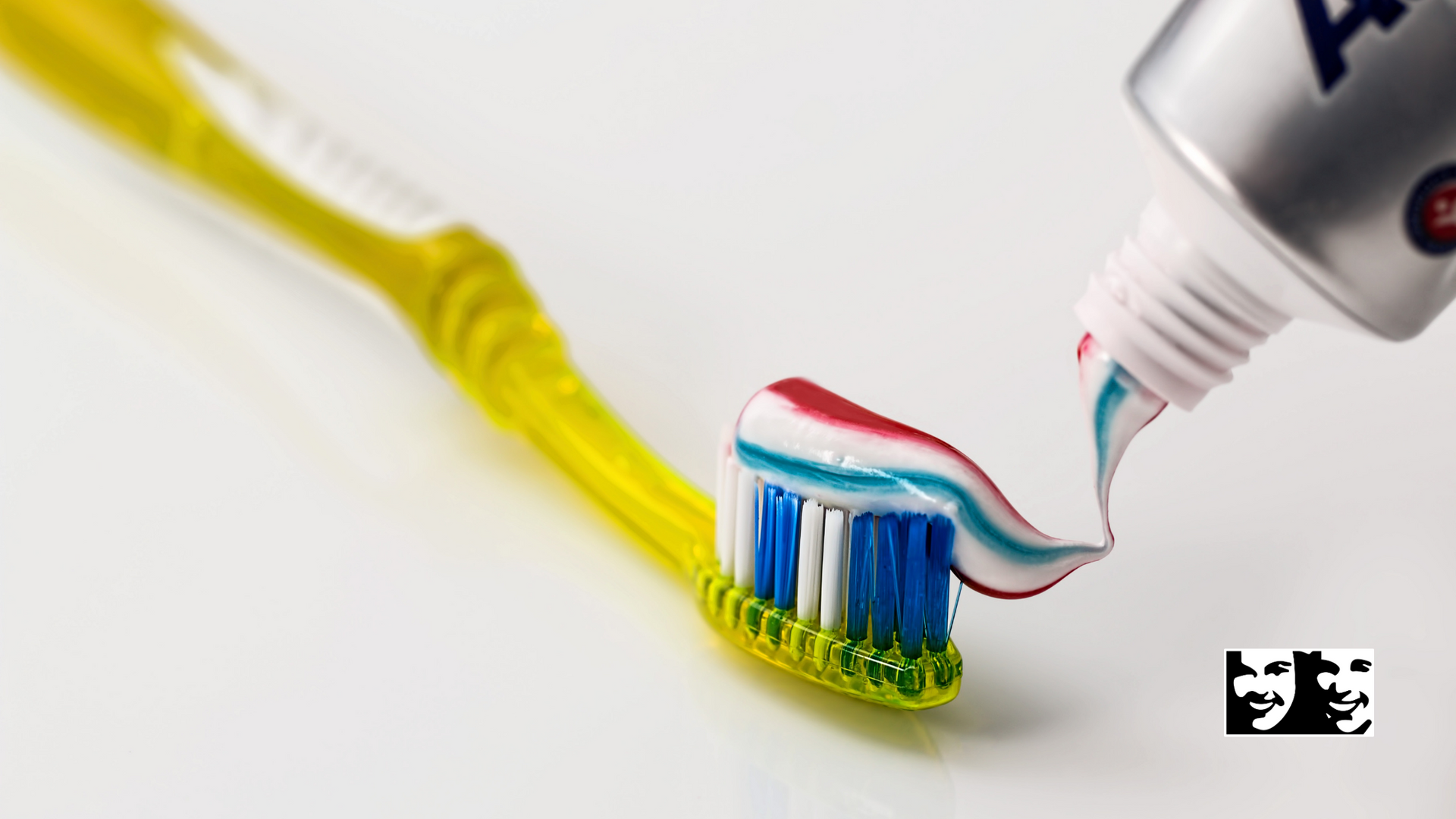
Sticking your toothbrush in your mouth twice a day for a few seconds at a time is not enough to preserve your oral health. The American Dental Association recommends that you brush for two minutes at a time. This may seem like a long time to brush your teeth, but it is necessary to properly remove plaque and food particles. When you divide that time between your teeth, gums, tongue, and the roof of your mouth, the time period will go by more quickly. You may find it helpful to use a timer to make sure you are brushing for the proper amount of time.
What’s the Suggested Way of Brushing Your Teeth?
Brushing your teeth properly is the best way to maintain your oral health in between routine dental visits. If you want to ensure that you get the most out of every time you brush your teeth, use the following routine:
- Place a pea-sized amount of toothpaste on your toothbrush.
- Use twice as much if using sensitive teeth toothpaste.
- Hold your toothbrush at a 45-degree angle to your gums.
- Use short, wide strokes when cleaning your teeth.
- Scrub the outer surface of your teeth.
- Clean the inside (tongue side) of your teeth.
- Clean the tops of your teeth.
- Brush your gums.
- Clean the roof of your mouth.
- Clean your tongue.
Is It Safe To Leave Toothpaste On Your Teeth After Brushing?
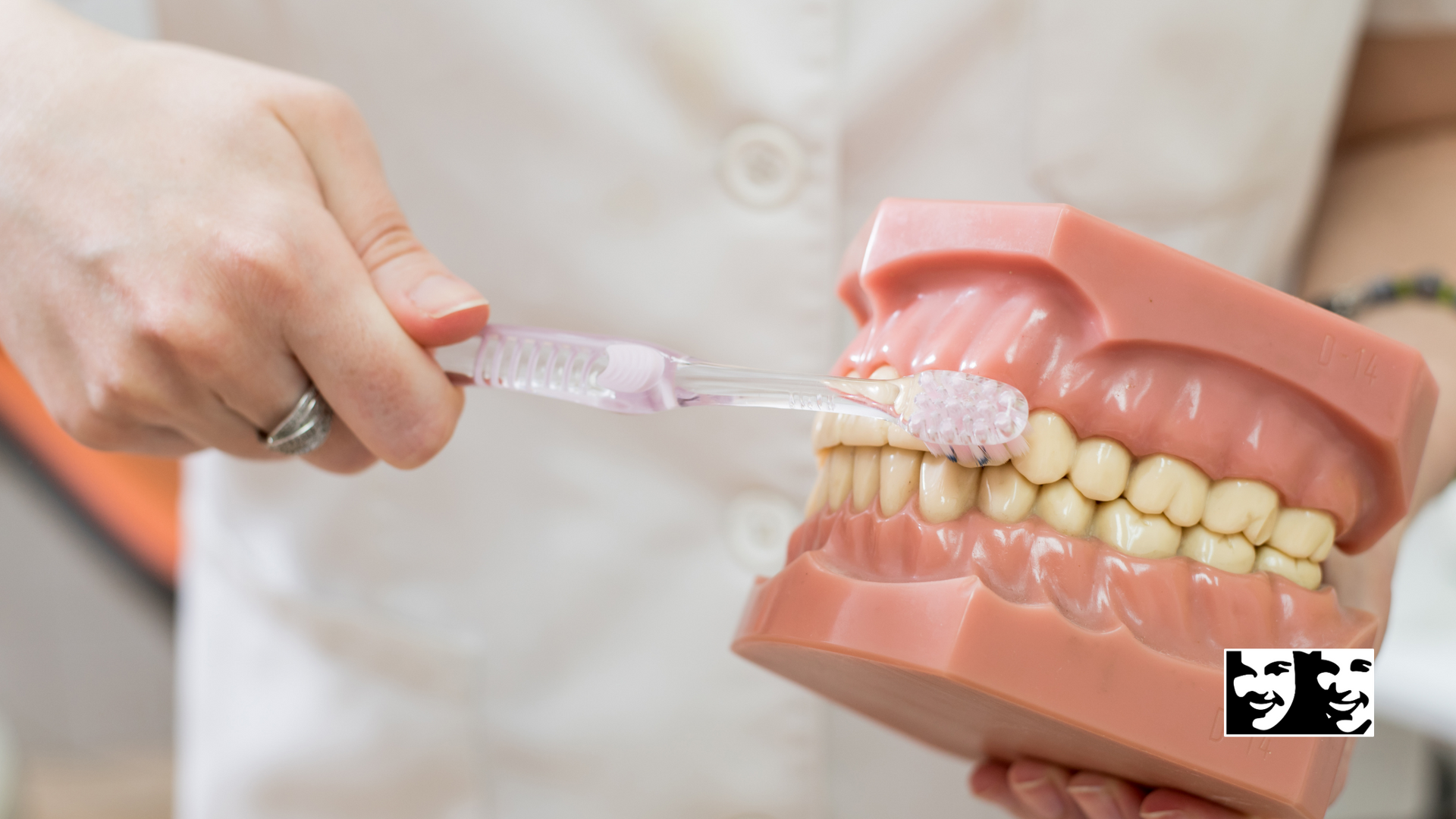
Many people think that rinsing their mouth after brushing their teeth is a necessary step in the process. However, it can actually detract from the efficacy of brushing your teeth. When you use the proper amount of toothpaste, you should not be left with much excess after brushing. You should spit this out instead of rinsing your mouth. When you rinse your mouth, you remove any traces of toothpaste from your teeth, and this residue may actually be working hard to prevent plaque buildup.
Are Brushing Methods the Same for Adults, Teens, Children, and Seniors?
People in different age groups have various needs when it comes to oral health. While the basics remain the same for children, teenagers, adults, and senior citizens, each individual age group needs to focus on different aspects of teeth brushing.
Children
Children are the most prone to develop cavities. For this reason, they need to focus primarily on the chewing surfaces of their teeth while brushing. The top of their teeth is where food particles gather and where tooth decay is most likely to start. By thoroughly cleaning the tops of their teeth as the first step in the brushing routine, children can reduce the risk of getting cavities.
Teens
Teenagers are typically good at cleaning the chewing surfaces of their teeth. The primary risk of tooth decay in adolescence is the gap between teeth. When plaque is left in the small crevice between two teeth, it can lead to decay quickly. Flossing regularly can help reduce this risk.
Adults
Most adults have the same oral health concerns as teenagers. The gaps between teeth are the most likely place for tooth decay to appear.
Seniors
People are more prone to develop gum disease as they get older. Seniors should be diligent about their teeth brushing routines and use a soft toothbrush for best results.
Visit All Smiles Dentistry To Improve Your Oral Health
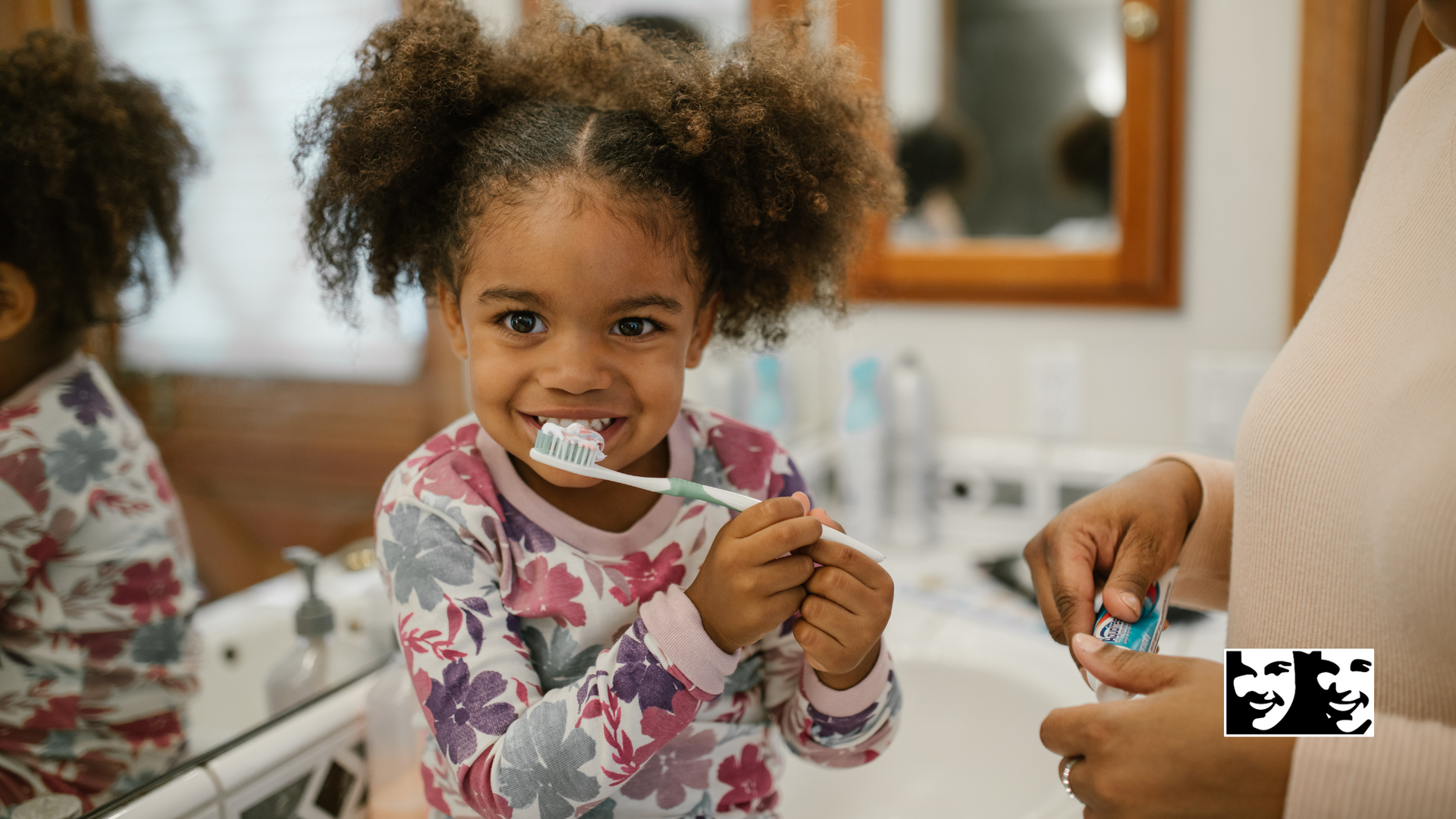
Brushing your teeth thoroughly at least twice a day goes a long way in helping you maintain your whole health. However, it is still essential for you to find a dentist to provide routine cleanings. If you live in Lake Jackson, Texas, all smiles dentistry is ready to help you boost your oral health with proper dental care. We are located on Parking Way, just off of Highway 288, so we are in a convenient place to meet all of your dental needs. Contact us today to schedule an appointment.
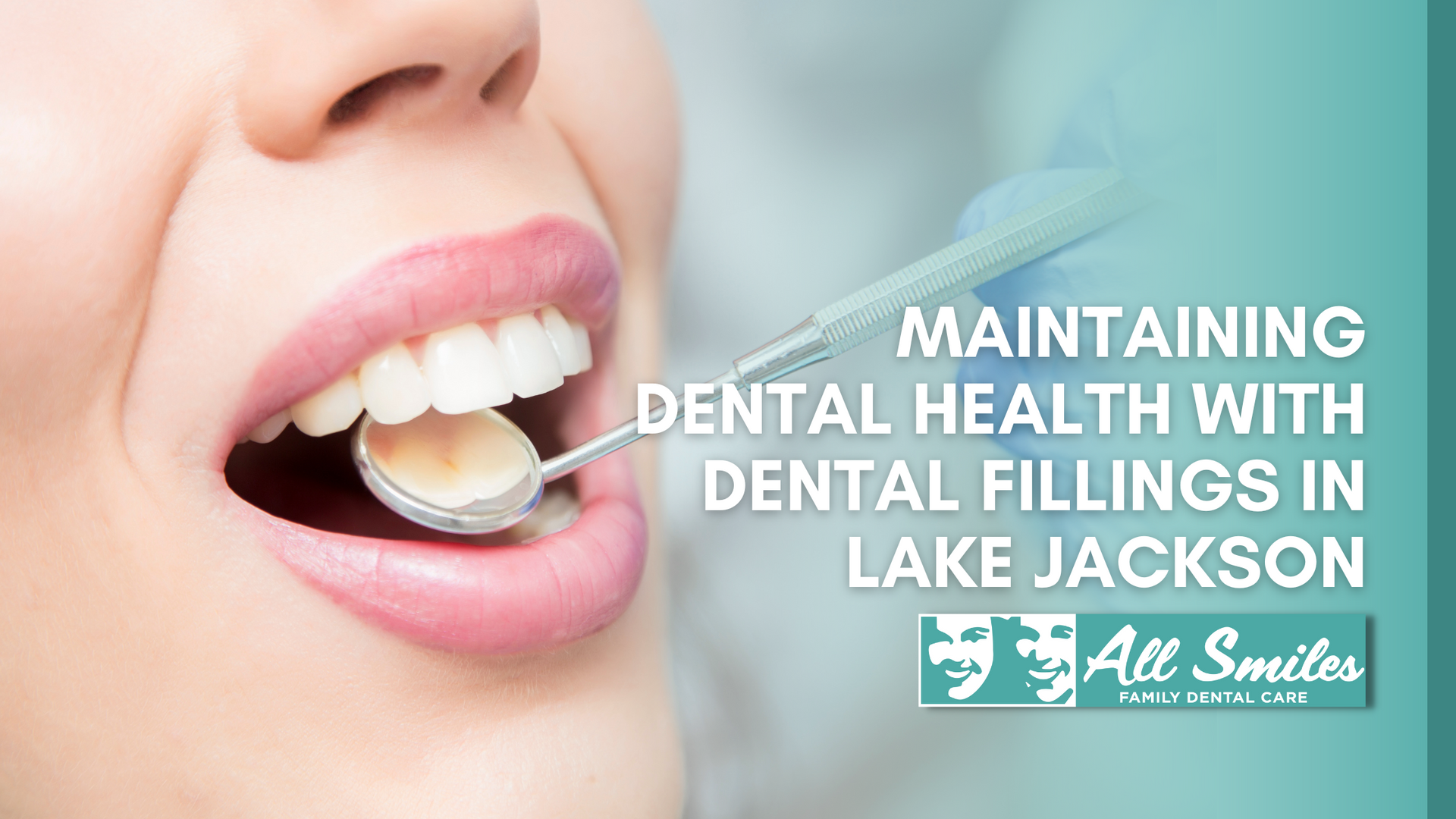
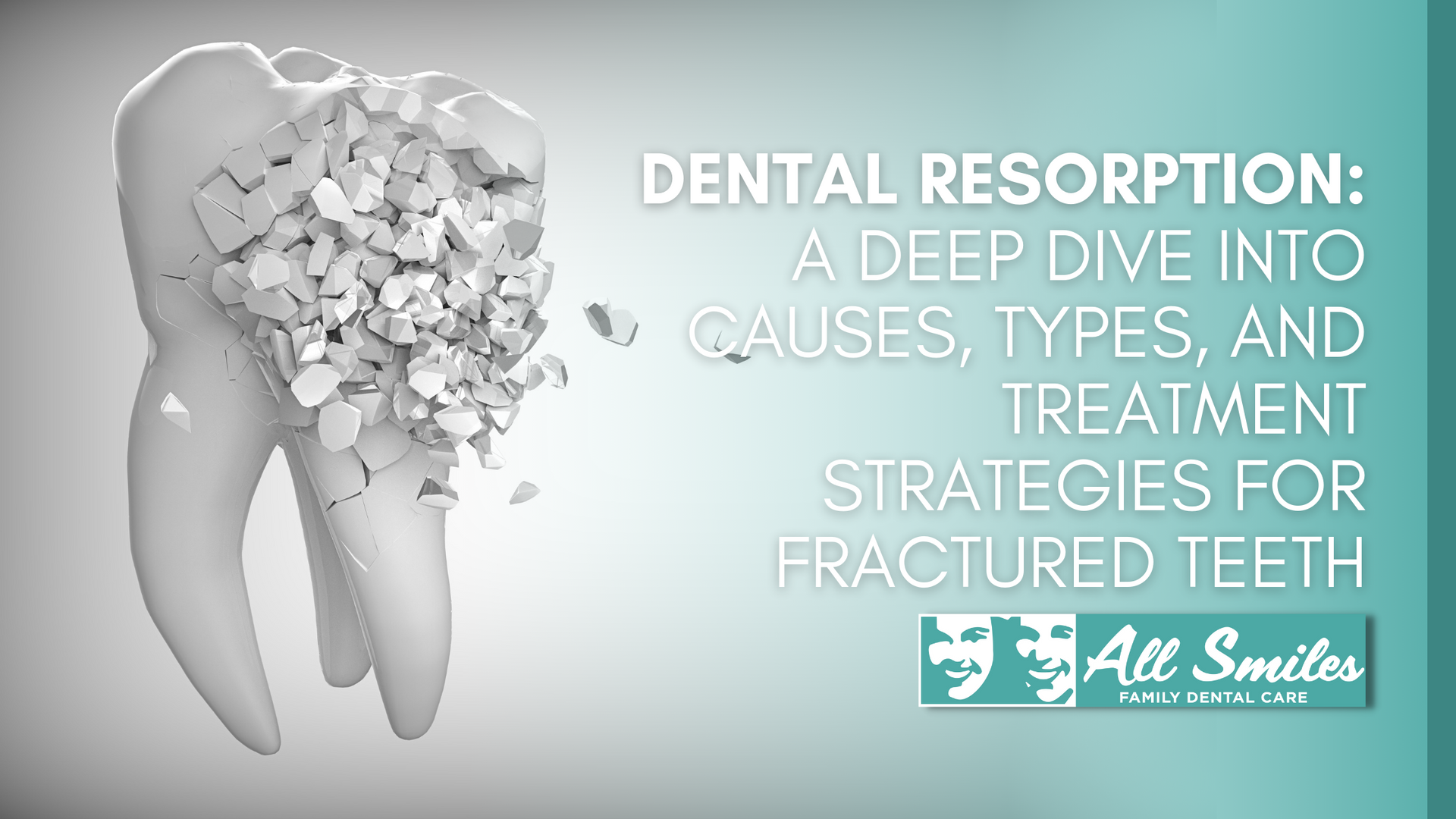
We are the local Lake Jackson dentist near you!
We keep our patients smiling
Request Your Next Dental Appointment
We look forward to seeing you soon!
Please note, we will try our best to accommodate your schedule.
Thank you so much for contacting our dental practice. While we strive to respond to all inquiries right away, we may be away from the desk helping a patient or out of the office. We will do our best to reach back to you shortly.
Please note, if this is a dental emergency, it would be best to call our practice as this is the fastest way to reach us (979) 297-1128.
Please try again later
Lake Jackson Dentist
We understand that trying to find a nearby dentist you can trust is difficult, that is why we make it easy for you to work with us.
(979) 297-1128
205 Parking Way
allsmileslj@sbcglobal.net
Helpful Links
Dental Practice Hours
- Monday
- -
- Tuesday
- -
- Wednesday
- -
- Thursday
- -
- Friday
- -
- Saturday
- Closed
- Sunday
- Closed
All Rights Reserved | All Smiles Dentistry
All Rights Reserved | All Smiles Dentistry
Dentist Website Diagnosed, Treated, and Cured by Dr. Marketing Inc

